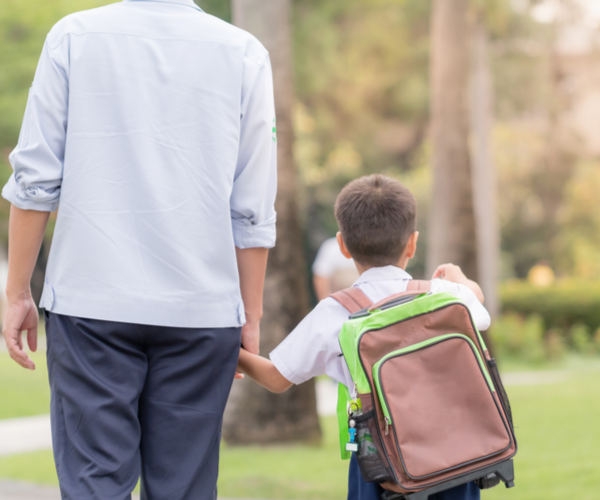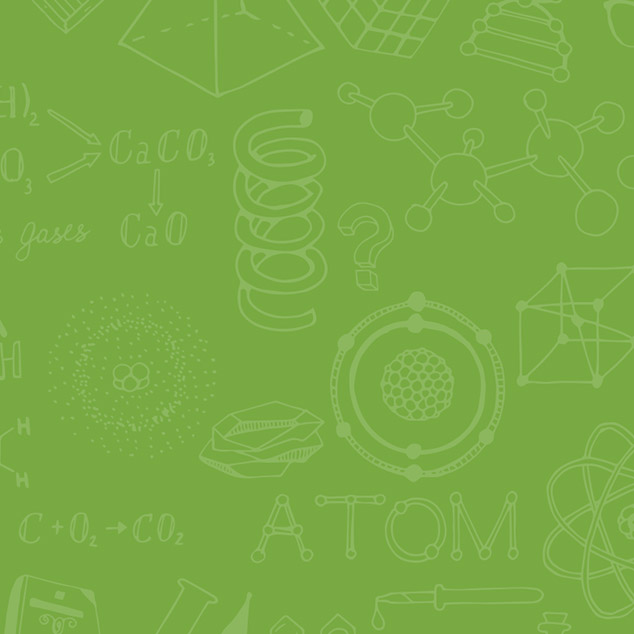In our latest blog series - 'Year Overview' - we help you get familiar with all the key topics your child will learn and the key skills they'll improve in primary and secondary school. Here's a brief overview of Year 9 in English, maths and science with focus areas and main topics.
* Year 9 Overview *
English - Years 7-9
Ms Brown - English teacher
Throughout Key Stage 3 the children will continue to develop an appreciation and love of reading. They'll become critical readers and will read increasingly challenging material covering: whole books, short stories, plays, and poems. The children will read high quality works from English Literature, both contemporary and pre-1914. Over the three years they should cover two plays by Shakespeare, a wide range of other genres and a range of seminal world literature. They should cover at least two authors in depth each year and will be encouraged to choose their own books independently.
Children will now be writing accurately, fluently, effectively and at length. They'll write both for pleasure and information and will write for a wide range of audiences and purposes such as: stories, scripts, imaginative writing, poetry, essays, notes, speeches, arguments and letters. Their reading will now be directly impacting on their writing and they should be able to use a range of literary and rhetorical devices in their own writing. They should be able plan, draft, edit and proof-read their own writing, paying close attention to accurate grammar, punctuation and spelling, and considering whether their writing suits the audience and purpose it was intended for.
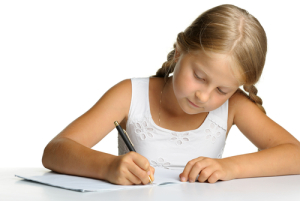 The children will build on and consolidate their grammar and vocabulary from Key Stage 2 but will also draw on new vocabulary and grammatical constructions from their own reading. They'll confidently use Standard English and will be able to distinguish between and use both informal and formal registers in both speech and their writing. They'll become confident speakers and will be given opportunities to give short speeches and presentations, participate in debates and perform plays and poetry. By the end of Year 9 the children are fully prepared to tackle the GCSE examination courses in English and English Literature.
The children will build on and consolidate their grammar and vocabulary from Key Stage 2 but will also draw on new vocabulary and grammatical constructions from their own reading. They'll confidently use Standard English and will be able to distinguish between and use both informal and formal registers in both speech and their writing. They'll become confident speakers and will be given opportunities to give short speeches and presentations, participate in debates and perform plays and poetry. By the end of Year 9 the children are fully prepared to tackle the GCSE examination courses in English and English Literature.
Maths
Mr Lamberth - Maths teacher
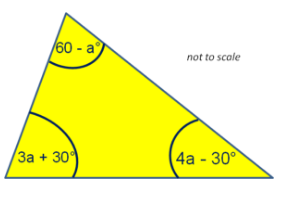 In Year 9 the expectation is that children fluently use the 4 operators with positive and negative numbers, be they integers, fractions or decimals. This foundation will be heavily relied on at GCSE. Standard form is also introduced which, whilst looking odd, shouldn’t be too tough. The focus on algebra continues as children rearrange formulae with multiple steps and interpret words into algebraic expressions. There is also a strong focus on graphs which are used to estimate values and solve simultaneous equations. Children will also start to appreciate the difference between geometric and arithmetic expressions and graphs. The real life application of the work on percentages is evident in terms of calculating interest or the original prices of discounted products. There is also a move towards measuring compound units such as speed and density and considering how they can be converted. In terms of probability, the use of sample spaces is encouraged to identify all possible outcomes and therefore the probability of a desired outcome. Finally, sin, cos and tan make their first appearance and are initially used to work out angles and side lengths in right-angled triangles.
In Year 9 the expectation is that children fluently use the 4 operators with positive and negative numbers, be they integers, fractions or decimals. This foundation will be heavily relied on at GCSE. Standard form is also introduced which, whilst looking odd, shouldn’t be too tough. The focus on algebra continues as children rearrange formulae with multiple steps and interpret words into algebraic expressions. There is also a strong focus on graphs which are used to estimate values and solve simultaneous equations. Children will also start to appreciate the difference between geometric and arithmetic expressions and graphs. The real life application of the work on percentages is evident in terms of calculating interest or the original prices of discounted products. There is also a move towards measuring compound units such as speed and density and considering how they can be converted. In terms of probability, the use of sample spaces is encouraged to identify all possible outcomes and therefore the probability of a desired outcome. Finally, sin, cos and tan make their first appearance and are initially used to work out angles and side lengths in right-angled triangles.
Have you tried our Maths Assessment yet? Join EdPlace’s Maths Challenge: work through the questions, complete the recommended online worksheets and earn badges! Have fun!
Science
Ms Latham - Science teacher
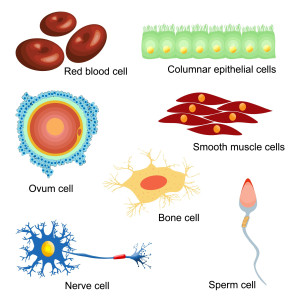
In Year 9 some schools start to teach the KS4 curriculum whilst others ensure that the KS3 science subjects have been fully mastered. Science continues to be split into three main disciplines; biology, chemistry and physics with an emphasis on working scientifically. Students will be encouraged to work experimentally by initiating and designing their own investigations. They should be able to analyse and evaluate their work and the work of others constructively and have the precise measuring and statistical skills to be able to carry out appropriate calculations and derive simple equations. Students will be taught from a selection of these key areas;
- Physics; – forces and motion, energy, waves, electricity and magnetism and space physics.
- Chemistry; – atoms, elements and compounds, particle theory, chemical reactions and the Earth and the environment.
- Biology; – Cells and organ systems, genetics and evolution, plant structure and function and interdependence and ecosystems.


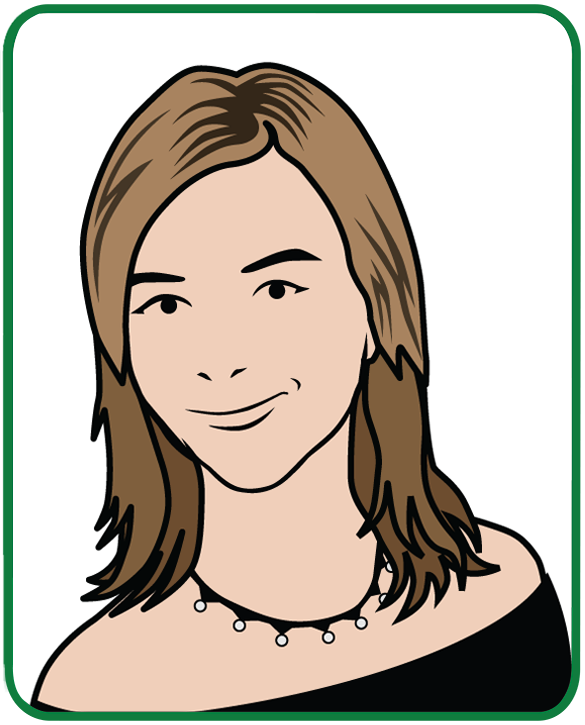
.png)
